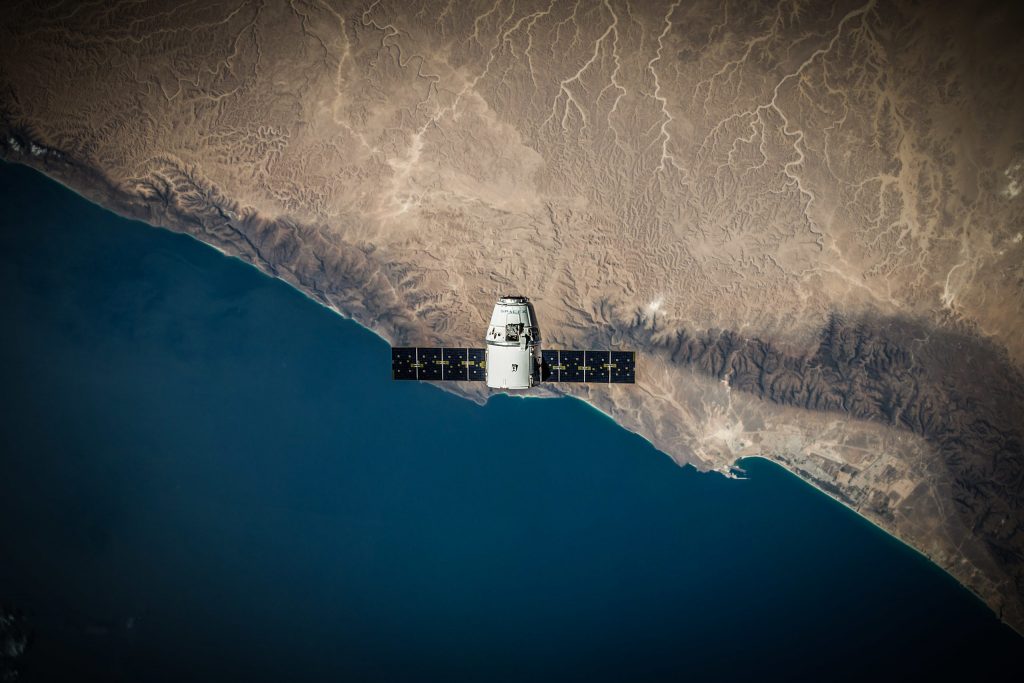
Search engines are generally the largest source of traffic to a website and WordPress is no different. Even if you’re planning something that prioritises different traffic sources, it makes sense to build the site with SEO in mind – it’s a sustainable and cheap form of traffic. Search engine optimisation (SEO) is a whole industry and we’re not aiming to cover everything here. What we want to do is to give you an overview to SEO for your WordPress site, and cover Angry Creative’s default approach to SEO for your consideration.
Components of WordPress SEO
SEO can basically be split into:
- Technical,
- Content and
- Inbound links
Let’s have a look at each in turn to see how WordPress can be optimised.
Technical
WordPress is already well-optimised for SEO out of the box, offering permalinks, valid markup (depending on the theme being used), speed and a templated structure that promotes good internal links and content structuring. On site, we’ll configure WordPress by:
- Using semantic link structures within the site – e.g. www.domain.com/page-title/subpage-title (where permitted by the content strategy) through the use of permalink settings
- Using an XML sitemap and robots.txt file to ensure optimised search engine indexing
- Writing valid HTML mark-up
- Giving you the ability to control on-site SEO through the use of an SEO plugin (we recommend SEO for WordPress by Yoast) which is both the best plugin and the best-documented plugin. We’ll create basic settings to cover best practice, but you’ll be able to extend this easily through the CMS by using the tutorials. Or, we can provide further SEO work – just let us know if you want an estimate.
Content
Content is the most complex and challenging component of SEO. For the sake of this article, we’ll split it into initial content and ongoing content strategy.
Initial content
When we plan a website, we use content strategy to help us plan the structure and substance: the aim is to make sure your site says the right things in the right way. We’ll:
- Make sure your key search terms are reflected in the site’s content structure
- Use meaningful titles and page content to make sure each page is optimised appropriately
- Set up strong internal links
Ongoing content
Ongoing content production is vital to good SEO performance. Google likes to see a site that’s regularly updated with relevant content that links within the site to relevant pages and attracts incoming links and social media activity. Your ongoing content production should basically aim to maximise traffic to your key landing pages which will generally be static. Because key landing pages are often static, they don’t generate any “newness buzz” – it’s far more likely that a new piece of content will attract social media sharing and newsletter clicks. Imagine sending the same product page to your customers every week – it’d get tired quickly. But, send customers news that talks about your products in an interesting and relevant way and it’ll never get old!
By default we don’t include ongoing content production as part of our proposals, but it’s something we’ll gladly work with you on.
Inbound links
Once your site is technically competent with SEO and your content reflects the search terms you want your site to be found for, it’s time to become authoritative. The way that web pages gain authority is through incoming links – other sites linking to yours in a relevant way. So if you want your site to be found for ‘Sussex Baker’, your site needs to talk about making bread in Sussex, but it also needs other sites to link to it with terms like ‘baking in Sussex’, ‘baking near Sussex’ and ‘Sussex Baker’ in the link’s anchor text, or at least close to the link itself. Preferably those links will be from sites that talk about bread, Sussex and baking already. Think of incoming links as votes for your site.
Optional extras
Want to enhance your WordPress site with extra features? Explore our guide on Optional Extras for WordPress Sites to discover additional tools and functionalities that can boost your site’s performance and user experience.
Check out our comprehensive guide on Search Engine Optimization (SEO) to learn essential strategies and best practices for driving organic traffic and boosting your site’s rankings.
Summary
Hopefully this has been a useful overview about SEO for WordPress sites. If you’ve asked us to build a WordPress site for you, this post explains what we’ll deliver as standard and how we can work with you to extend your new site’s SEO performance. If you’re not an Angry Creative client yet but like our approach, just contact us and let’s chat.
You may also be interested in these articles
Brexit for WooCommerce sellers
The impact of Brexit is huge. There are very many implications for those in e-commerce businesses…
Read more
Brexit for WooCommerce sellers
Cynefin: a valuable framework to classify, communicate and respond to tasks in digital projects
Cynefin. At Angry Creative we think it’s a vital part of digital projects. It helps us to underst…
Read more
Cynefin: a valuable framework to classify, communicate and respond to tasks in digital projects
Web fonts for WordPress
Fonts control how your text is displayed – how the letters actually look. web-safe fonts. W…
Read more
Web fonts for WordPress
Subscribe to our newsletter for tips, inspiration and insight about WordPress and WooCommerce and the digital world beyond.
Time to take the next step towards a more effective website?
Contact us, and we can talk more about how we can take your business to the next level together.